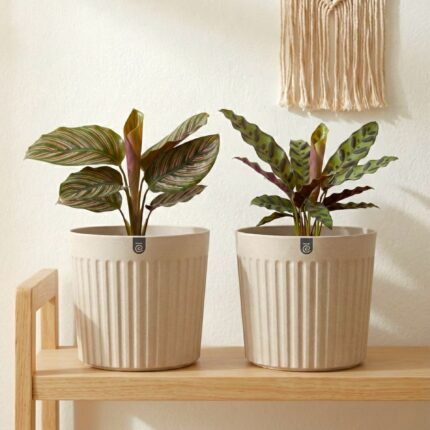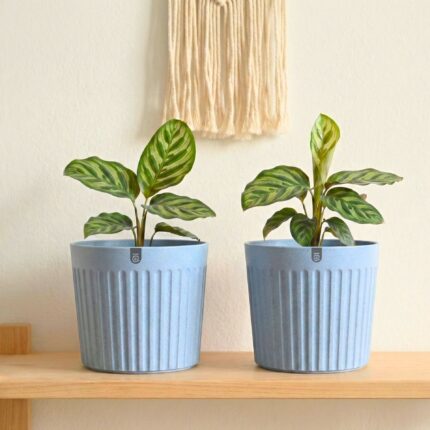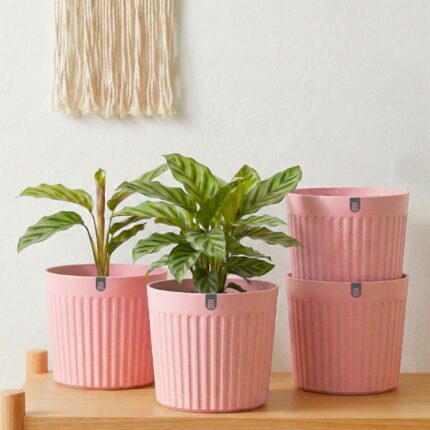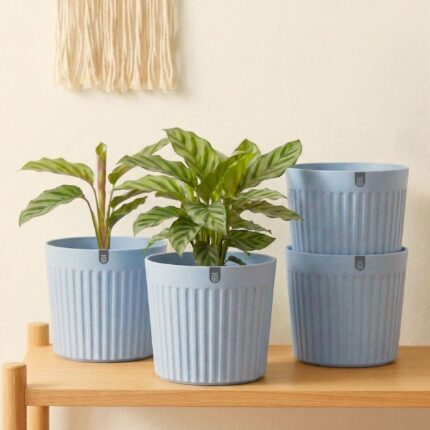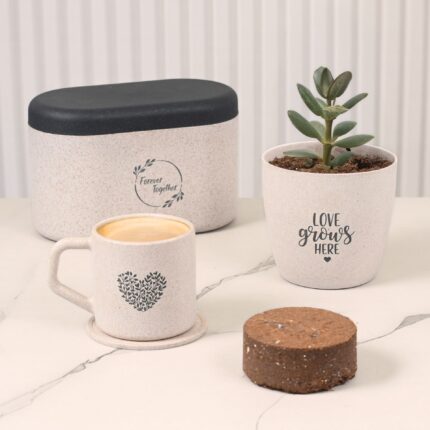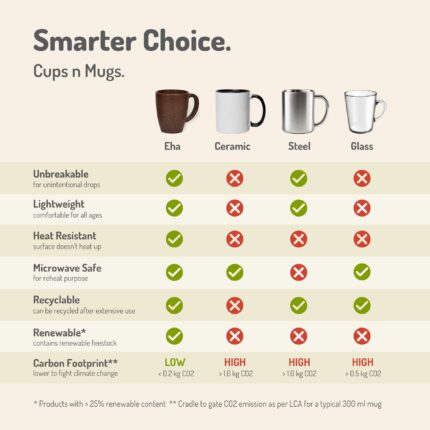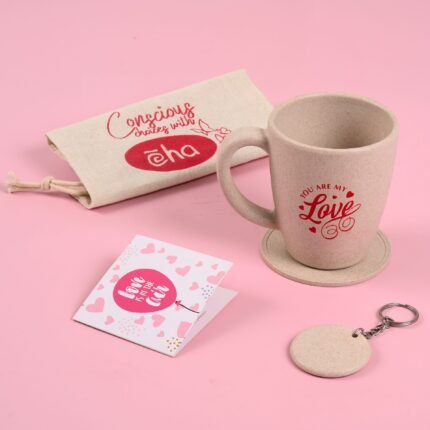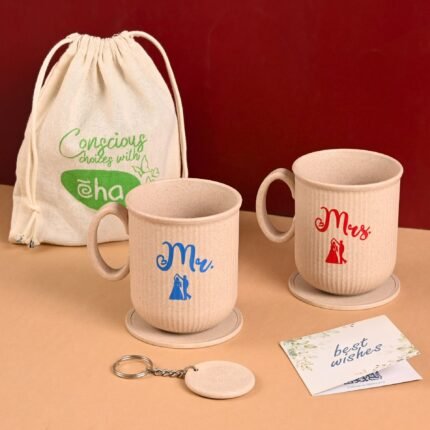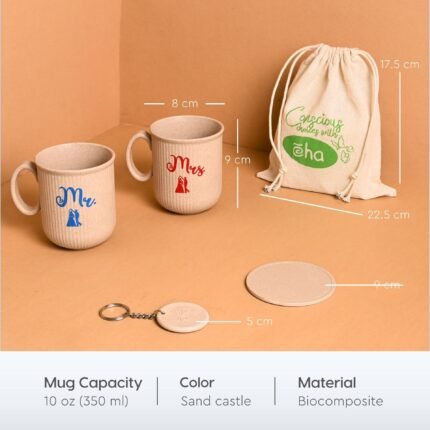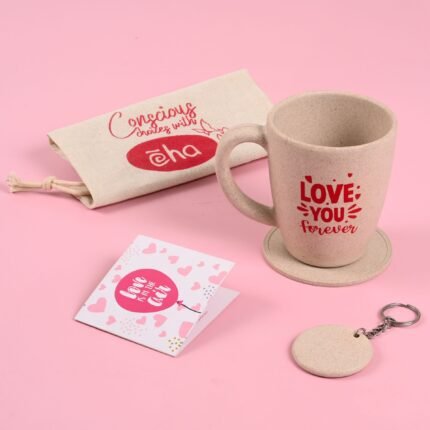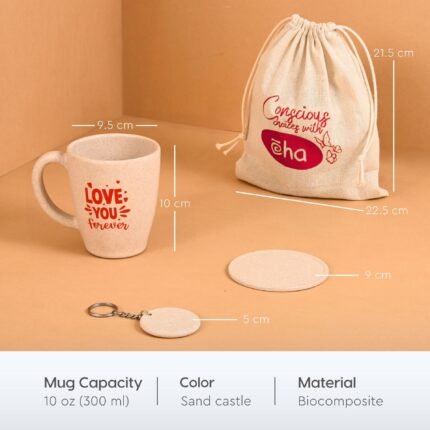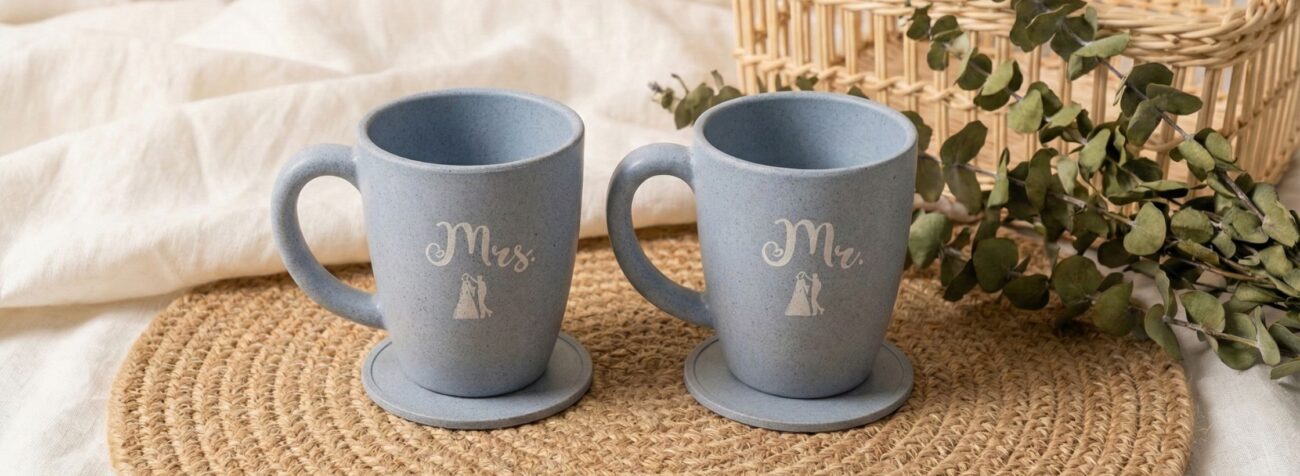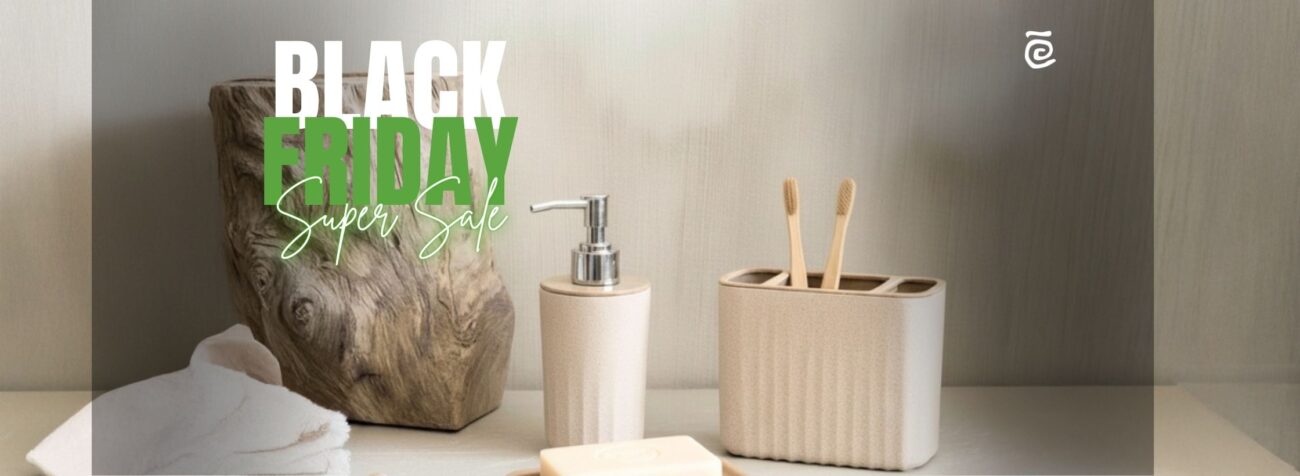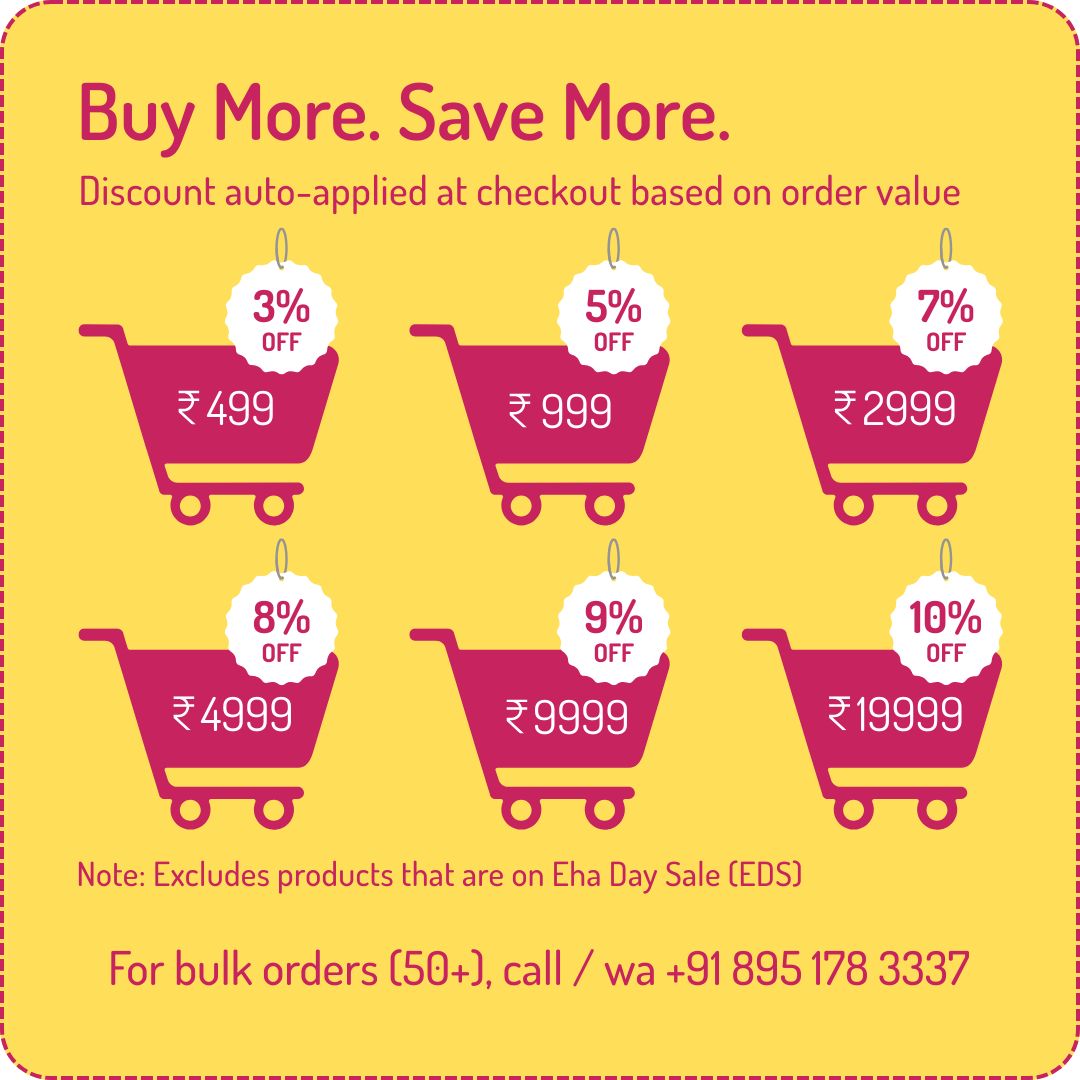Corporate Reset: How Indian Giants Are Rewriting Their Sustainability Goals
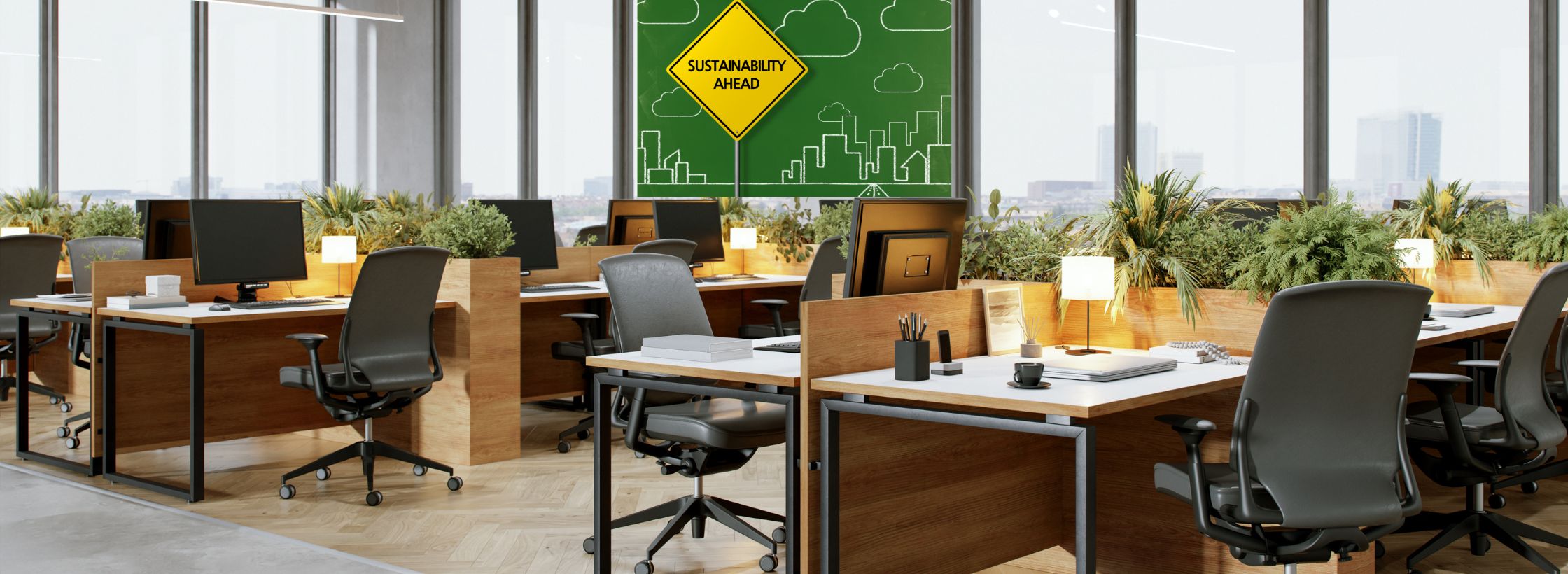
Corporate Reset: How Indian Giants Are Rewriting Their Sustainability Goals
Corporate responsibility is no longer just about profits—it’s about how businesses set and meet real, measurable sustainable goals.
Ever wonder if the big guys are actually walking the talk when it comes to sustainability?
Like, are corporate houses just adding buzzwords to their annual reports, or are they genuinely shifting how they work, make, and impact the planet?
Are they thinking beyond just carbon credits and looking into sustainable goals that actually show up in real life—not just PowerPoint decks?
We get it. For people (like us) building brands around reuse, durable design, and planet-first thinking—these questions hit home. We’re in a time where knowing how corporate is adopting sustainability isn’t just interesting, it’s necessary. Because when the big players change, it has ripple effects on the whole supply chain—right down to what ends up on your desk or in your kitchen.
How Corporate India Got a Wake-Up Call
Let’s be real—no one pivoted to climate action purely out of goodwill. It took power cuts, heatwaves, crop failures, floods… and the realization that ignoring the planet now literally costs money.
In the past year, companies like L&T, Mahindra, Tata Steel, and even newer startups have gone into full corporate reset mode. Here’s what sparked it:
-
Extreme weather = business interruptions. One too many flooded factories and power grid failures made them rethink operations.
-
Global buyers demanding compliance. Especially in textiles and manufacturing, exports now depend on meeting climate benchmarks.
-
Younger employees want purpose. Yep, even hiring depends on whether a company shows up green and genuine.
And honestly, it’s about time.
Not Just Pledges, But Actionable Sustainable Goals
Now here’s where it gets interesting. Some big corporates aren’t just planting trees to tick boxes—they’re reshaping core systems.
Let’s break it down:
-
Factories are going solar, cutting coal use drastically.
Example: A major consumer goods brand in Pune has switched 60% of its manufacturing unit to solar. Their next step? Powering packaging through biogas. -
Switching from plastic to biomaterials.
We’re seeing collaborations pop up where large brands source upcycled rice husk or recycled PET to make everything from containers to storage solutions. -
Adopting the circular economy mindset.
Think: “take-make-reuse” instead of “take-make-dump.” Companies are now buying back old products, repairing them, and reselling or recycling them into new ones. Like we always say—products should have more than one life.
What This Means for You (and Us)
When big brands change how they source and produce, it trickles down to the things we use every day:
-
The mugs we sip chai from could be made from upcycled coconut shell instead of ceramic.
-
Planters at your office might soon be crafted from plastic waste diverted from landfills.
-
Storage jars in your pantry could be the result of closed-loop sourcing instead of mass manufacturing.
And guess what—your choices matter just as much.
Every time you pick a product that’s durable, reusable, and designed to last (like the fair-trade mugs or biodegradable pots we feature), you’re adding pressure on corporations to match up. Sustainability isn’t just policy—it’s preference. And customers like you are leading that charge.
How Corporate Is Adopting Sustainability – 5 Real Shifts
Here’s a cheat sheet from the inside:
-
Carbon tracking dashboards – internal systems tracking emissions per unit produced.
-
ESG-linked loans – funding tied to hitting specific climate or diversity benchmarks.
-
Sustainable gifting strategies – from branded cups and mugs to reusable lunch kits, corporates are swapping out wasteful swag for greener choices.
-
Reverse logistics – pickup of used products for recycling or refurbishing.
-
Fair trade sourcing – coffee, textiles, even packaging materials now increasingly come from verified fair-trade vendors.
You’ll start to see this in your office too—maybe that annual gift box looks a little more eco this Diwali, or the cafeteria shifts to compostable cutlery.
Our Role in the Big Picture
We’re not a big conglomerate. But we are a team that believes in building with care. That’s why our catalog is filled with lifestyle products that check all the boxes:
-
Sustainable goals from start to finish—biomaterials, low-waste design, fair wages.
-
Circular use—our mugs, tableware, planters, and storage can be reused, regifted, repurposed.
-
Gift-ready without guilt—eco packaging, zero plastics, and always a story worth sharing.
Whether it’s a handcrafted bamboo bowl or a hand-thrown terracotta mug, it’s a reminder that even the smallest everyday objects can live big sustainable lives.
Final Word
Corporate houses rewriting their sustainable goals isn’t just a policy thing—it’s a culture shift. It’s showing up in product design, sourcing, packaging, and even in how they speak to the world.
And we’re here for it—adding our piece to the puzzle, one thoughtfully made item at a time.
Visit eha’s range of sustainable gardenware products to choose, made with biocomposite materials using crop-waste such as rice husk, bamboo fibers and coffee husk.
If you are looking at developing new range of earth friendly gifting speak to experts at Mynusco.







